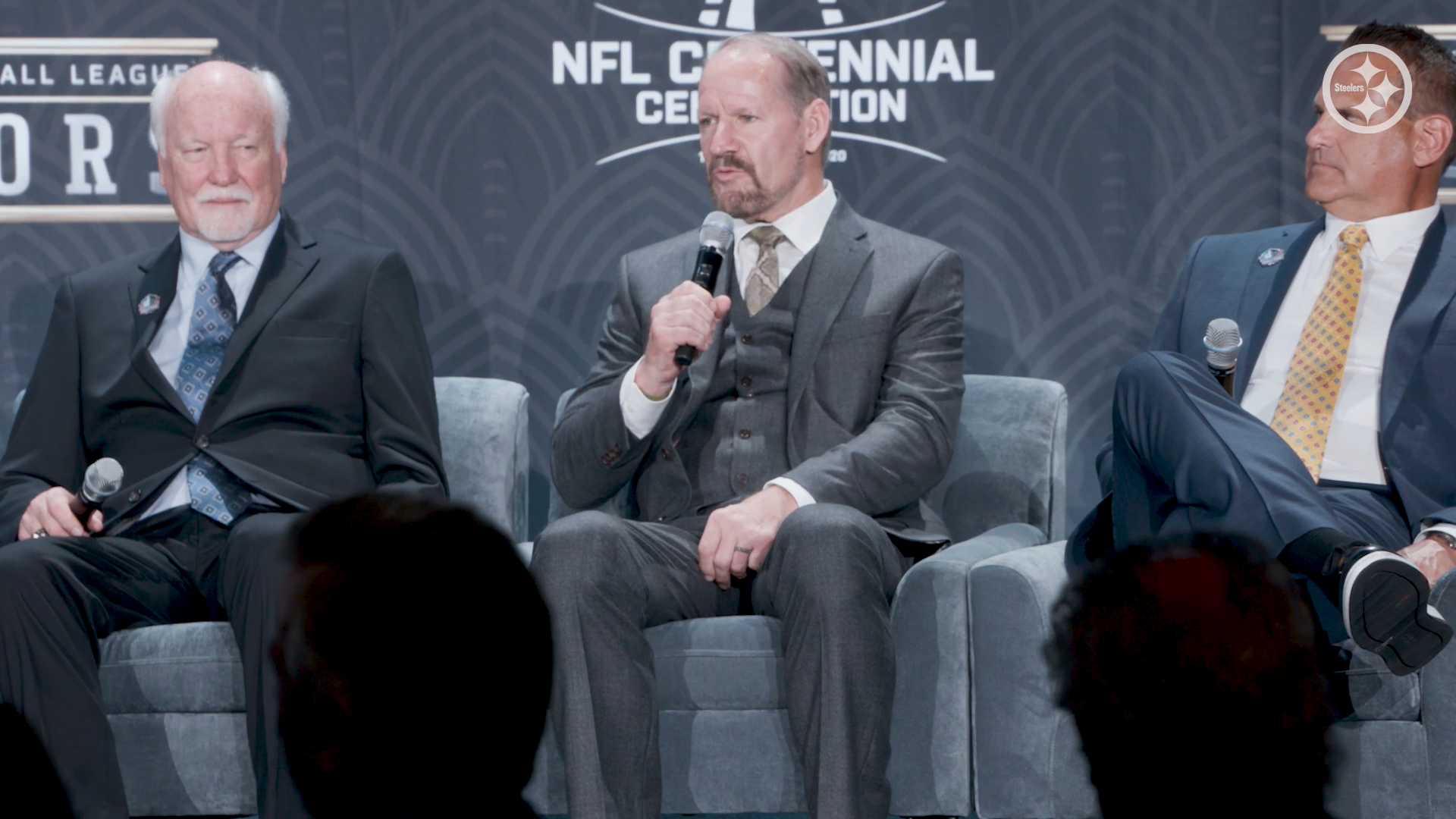The bulk of his career was spent playing under head coach Mike Tomlin, but it was Bill Cowher who drafted Troy Polamalu in 2003. He spent his first four seasons under him with the Pittsburgh Steelers before Cowher resigned, playing out the remainder of his eight seasons under Tomlin, but Polamalu equally appreciated who his first coach was and what he stood for.
“The one thing about Coach Cowher is that he always had the players’ backs”, he said recently during a Hall of Fame panel that also included the rest of the 2020 class. Footage of the three Steelers’ inductees and their contributions to that panel are up on the team’s website.
“I think that’s one thing that he always expected his coaches to prepare us at such a high level that he just let us go out and play, and he always had our backs in the decisions that we made, and I think that’s really important for players who are trying to develop into something different and special”, he added.
Sometimes it takes letting a player simple be himself in order to unlock his greatness. Cowher saw that in Polamalu, and over the course of his career, he was given freedoms to operate within the defense that allowed him to capitalize on his natural and learned abilities to put the team in the best chances to win games.
Sure, he gambled, and players and coaches have joked about that for years. Ryan Clark relayed a funny anecdote earlier this year on that topic, recalling one play in which he put his fellow free safety in a bad position that they were lucky to get away with because he was convinced an opponent would do something else.
Of course, having your players’ backs isn’t just about trusting them to do what they’re supposed to do on the field. Like Tomlin after him, and Chuck Noll before him, Cowher was very much appreciative of the fact that he was coaching individuals, who were more than their profession, and he availed himself to them. He hired assistants who shared those views, like Dick LeBeau, whose influence on Polamalu was tremendous.
It’s all part of building a culture, which the Steelers have been successful in doing over the course of the past 50 years, a sustainable and consistent environment in which proven strategies serving as guiding principles in building a successful team year in and year out.








